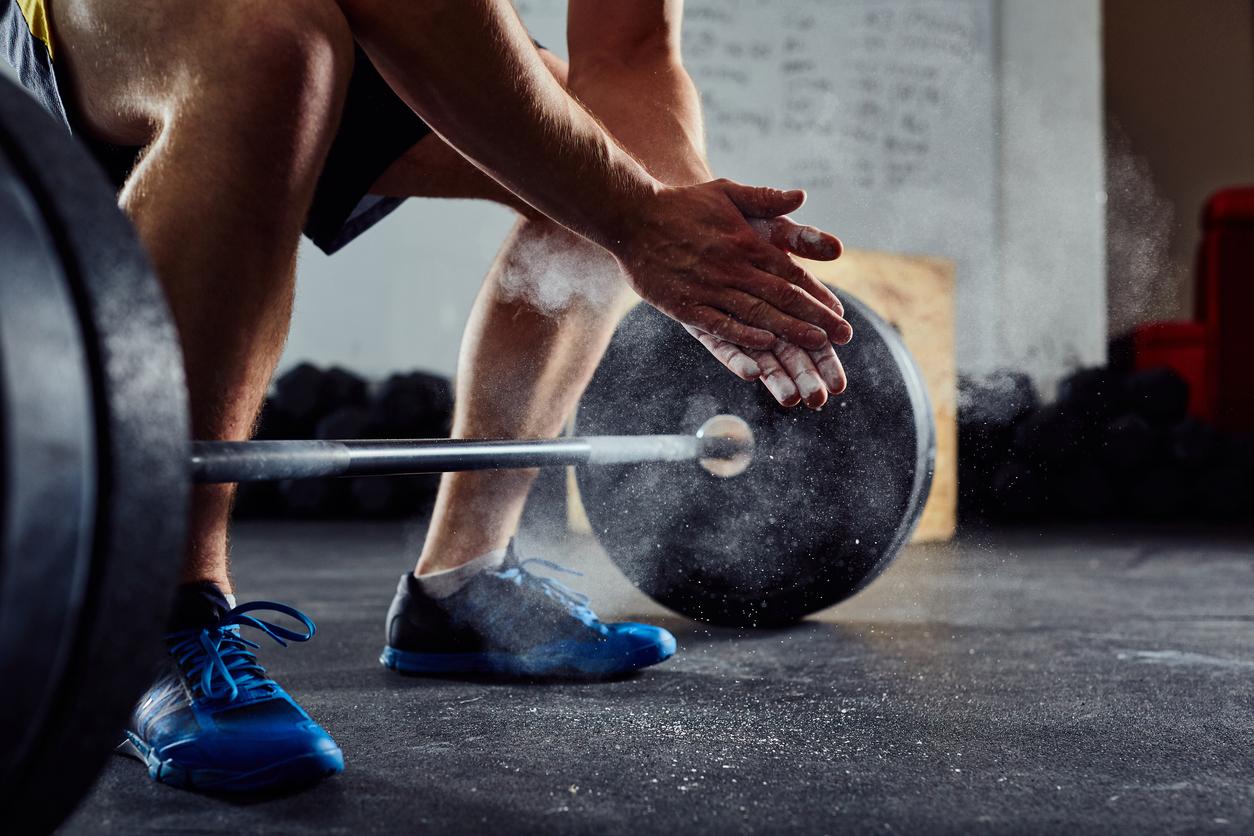Regular ibuprofen inhibits muscle growth, finds study
Your muscles could be twice as big if you made the switch to a lower dose aspirin

Your support helps us to tell the story
From reproductive rights to climate change to Big Tech, The Independent is on the ground when the story is developing. Whether it's investigating the financials of Elon Musk's pro-Trump PAC or producing our latest documentary, 'The A Word', which shines a light on the American women fighting for reproductive rights, we know how important it is to parse out the facts from the messaging.
At such a critical moment in US history, we need reporters on the ground. Your donation allows us to keep sending journalists to speak to both sides of the story.
The Independent is trusted by Americans across the entire political spectrum. And unlike many other quality news outlets, we choose not to lock Americans out of our reporting and analysis with paywalls. We believe quality journalism should be available to everyone, paid for by those who can afford it.
Your support makes all the difference.Whether you’re looking to bulk up or burn fat, lifting weights is a great way to reach your fitness goals.
But according to a new study, a common drug could be preventing people doing so.
Swedish researchers have found that regularly taking anti-inflammatory drugs (like ibuprofen) can inhibit muscle growth.
The study, carried out by the Karolinska Institutet, looked into the effects of ibuprofen on the skeletal muscles of young, healthy adults engaging in weight training.
Participants - all of whom were aged between 18 and 35 - were randomly split into two groups.
Half were told to take a relatively high dose of ibuprofen (1,200 mg, which is a normal 24-hour dose) and the others a lower dose of aspirin (75 mg) every day for eight weeks.
At the same time, the participants took part in weight-training exercises specifically designed to work the thighs two to three times a week.
After the eight weeks were up, the researchers measured certain variables including muscle growth, muscle strength and anti-inflammatory markers in the muscles.
They found that the muscles of those in the low dose aspirin group had increased in size twice as much as those who’d taken the ibuprofen.
They also found that muscle strength was harmed by high doses of ibuprofen but not to the same extent as growth.
“The results are extremely interesting since the use of anti-inflammatory drugs is so globally widespread, not least amongst elite athletes and recreationally active individuals,” said principal investigator Tommy Lundberg, researcher at Karolinska Institutet’s Department of Laboratory Medicine.
Lundberg adds that they chose to study the effect of ibuprofen as it is the most well-studied anti-inflammatory drug on the market, but they believe that high doses of all types of over-the-counter non steroidal anti-inflammatory drugs will have similar effects.
Join our commenting forum
Join thought-provoking conversations, follow other Independent readers and see their replies
Comments